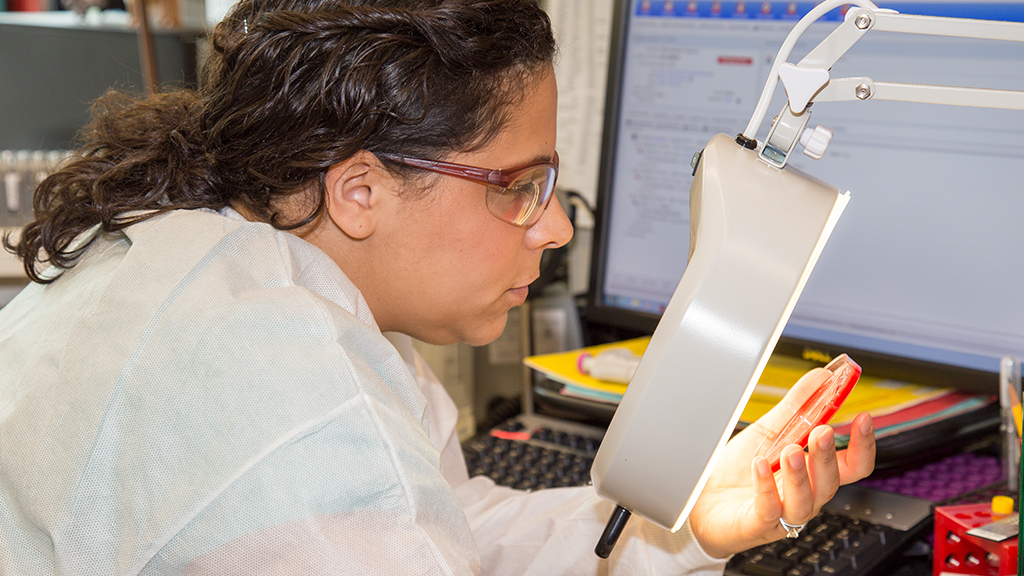The Role of Veterinary Testing in Ensuring Pet Health
The Role of Veterinary Testing in Ensuring Pet Health
Blog Article
Ensuring your dog or cat stays in top condition, routine health checkups is essential. Animal health testing centers provide crucial insights for household pets.
Throughout this resource, we’ll examine the benefits of animal health testing and review common procedures.
What Are Veterinary Laboratories?
Animal diagnostic labs specialize in processing samples to support animal care. These labs integrate modern methods to offer precise information.

Main purposes of veterinary labs include:
- Identifying problems before they worsen: Prevents conditions from escalating.
- Regular health assessments: Provides continuous care insights.
- Evaluating care plans: Helps refine care approaches.
Common Veterinary Tests for Dogs and Cats
Animal diagnostic facilities provide multiple testing services to evaluate pet health. Standard procedures include:
- Hematology screens: Check for infections.
- Urinary tract exams: Check for diabetes.
- Parasite screenings: Identify worms or parasites.
- Allergen identification: Diagnose environmental or food allergies.
- Imaging diagnostics: Examine bones and joints.
laboratorio de analises clinicas veterinaria
exames laboratoriais veterinários
Why Routine Exams Are Important for Pets
Routine lab work keeps your pets in optimal condition. By identifying potential problems early, vets can create effective treatment plans.

The value of regular diagnostics include:
- Improved longevity: Proactively managing health helps pets live longer.
- Preventative savings: Avoiding invasive procedures saves time and money.
- Trust in their health management: Take action when needed.
Conclusion: The Value of Veterinary Labs for Pet Health
Pet diagnostic labs play a critical role in ensuring your dog or cat’s well-being. With routine checkups, you protect them from preventable illnesses.
Don’t wait—take action now to help them live their best life!
Report this page